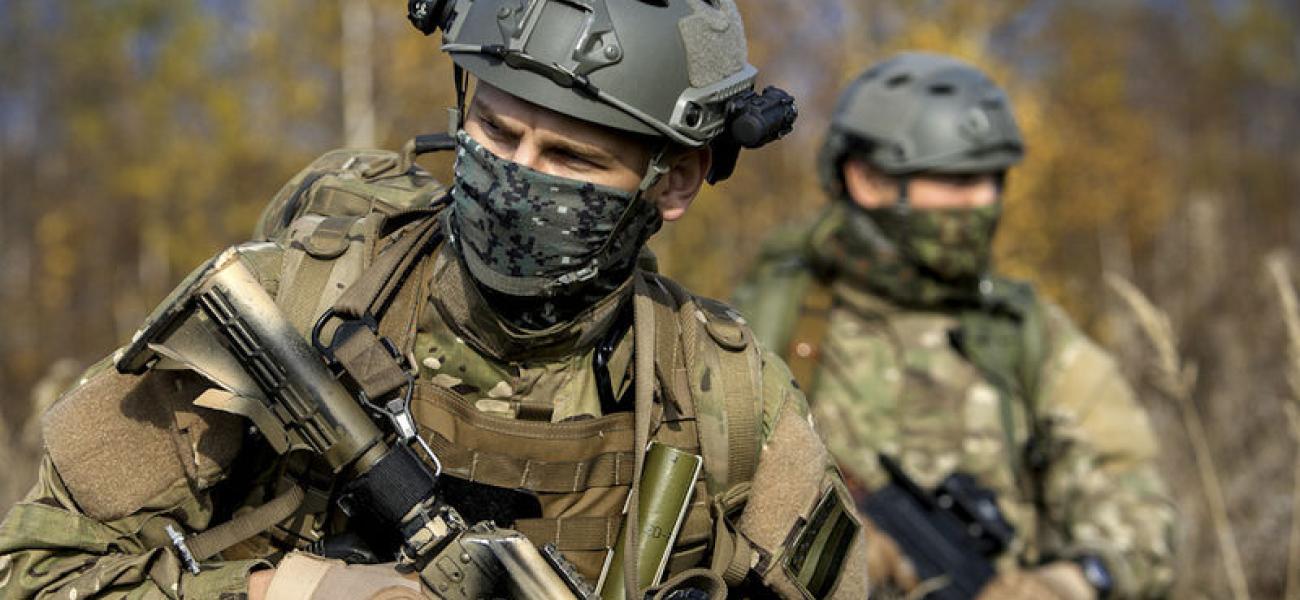
There is No Cyber 'Shock and Awe': Plausible Threats in the Ukrainian Conflict
This is the beginning of an article originally published by War on the Rocks.
The specter of cyber war is back. Not only does Russia’s massive military buildup along Ukraine’s borders bring a growing risk of the largest-scale military clash since World War II, but many analysts stress the potential for destabilizing and devastating cyber-attacks in its wake. Jason Healey predicts that if Russia invades, “the opening salvo is likely to be with offensive cyber capabilities.” William Courtney and Peter A. Wilson from RAND warn of the “massive employment” of cyber warfare tools to create “shock and awe causing Ukraine’s defenses or will to fight to collapse.” Accordingly, the United States and the United Kingdom have deployed cyber warfare teams to help Ukraine defend against an impending strategic cyber strike against critical infrastructure. Some go further, suggesting that Russia may not need to use military force at all, because cyber strikes can “achieve much the same effect from across the border.” This assessment is apparently shared by policymakers working on countering the Russian threat to Ukraine, with an (anonymous) senior Biden administration official recently stating as much.
These predictions suggest that cyber operations will provide significant strategic advantages to Russia either as complements to military force, or as standalone instruments — or at least that policymakers and commentators think that they will. Current warnings of escalating cyber warfare conjure deep-seated fears of cyber doom and the recurring specter of a “cyber Pearl Harbor” strategic surprise attack. In practice, however, cyber warfare has been a failure. Our research shows that cyber operations have remained irrelevant on the battlefield, while standalone operations to weaken Ukraine through election interference, critical infrastructure sabotage, and economic disruption largely failed to contribute to Russia’s strategic goals of making Ukraine abandon its pro-European Union and pro-NATO foreign policy. Consequently, current fears of cyber warfare defy not only Russia’s track record in Ukraine, but also strategic logic. Given that Russia’s cyber operations have failed to produce significant strategic value to date, why would we expect this to suddenly change now? Or, to put it more pointedly: If cyber operations offer such effective and potent instruments, why did Russia go through the trouble (and costs) to mobilize its troops? Current predictions of cyber onslaught do not offer a persuasive answer.
Read the full article at War on the Rocks.
Lennart Maschmeyer
Lennart Maschmeyer is a senior researcher at the Center for Security Studies at ETH Zurich. He holds a Ph.D. from the University of Toronto and co-chairs the FIRST Threat Intel Coalition as well as the European Cybersecurity Seminar. You can follow him @LenMaschmeyer.
Nadiya Kostyuk
Nadiya Kostyuk is an assistant professor at the School of Public Policy and the School of Cybersecurity and Privacy at the Georgia Institute of Technology. She directs the Cybersecurity Summer Institute and co-chairs the Digital Institute Discussion Group. She holds a Ph.D. from the University of Michigan. You can follow her @NadiyaKostyuk.
The opinions expressed herein are solely those of the author. Photo by the Ministry of Defence of the Russian Federation shared under a Creative Commons license.
